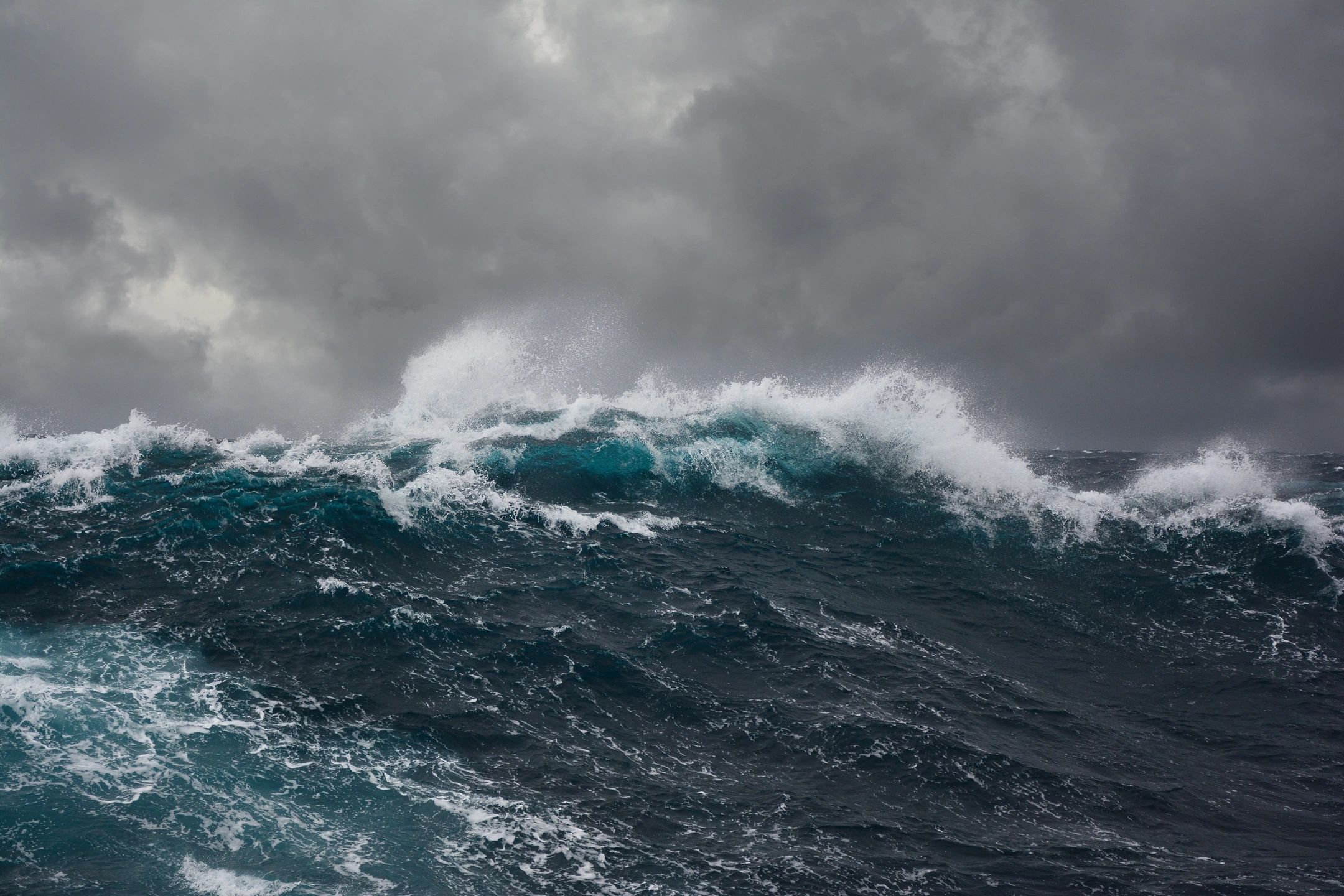The rebate amount varies based on household size. According to Environment and Climate Change Canada (ECCC), a family of four can expect the following pollution price rebates:
- $386 in Alberta
- $264 in Manitoba
- $184 in New Brunswick
- $328 in Newfoundland and Labrador
- $248 in Nova Scotia
- $244 in Ontario
- $240 in Prince Edward Island
- $340 in Saskatchewan
For individuals in New Brunswick, the rebate is set at $92. Two-person households with a spouse or common-law partner will receive $46, and an additional $23 per child under 19.
In Alberta, an individual can anticipate $193, while a spouse or common-law partner can expect $96.50, and $48.25 per child under 19.
For Manitoba, the rebate amounts to $132 for an individual, $66 for a spouse or common-law partner, and $33 per child under 19.
Ontario residents can look forward to $122 for an individual, $61 for a spouse or common-law partner, and $30.50 per child under 19.
In Saskatchewan, the rebate stands at $170 for an individual, $85 for a spouse or common-law partner, and $42.50 per child under 19.
Newfoundland residents can expect $164 for an individual, $82 for a spouse or common-law partner, and $41 per child under 19.
In Nova Scotia, the rebate is $124 for an individual, $62 for a spouse or common-law partner, and $31 per child under 19.
For Prince Edward Island, the anticipated rebate is $120 for an individual, $60 for a spouse or common-law partner, and $30 per child under 19.
Notably, the Environment and Climate Change Canada (ECCC) specifies that all residents of P.E.I are deemed to be living in a small and rural community. Consequently, the rebate amounts in the region will include the additional 10 percent rural supplement.
Ottawa has asserted that the rebate aims to counterbalance the expenses associated with federal pollution pricing, aligning with the federal government’s objective to reduce emissions by 40 percent by 2030 and achieve net-zero emissions by 2050.
In a Friday news release, the Environment and Climate Change Canada (ECCC) indicated that pollution pricing is anticipated to play a role in approximately one-third of the overall emissions reductions expected from now until 2030.
“The federal pollution pricing system is not only supporting the everyday affordability challenges of Canadians, but is a key part of our plan to fight climate change,” Steven Guilbeault Minister of Environment and Climate Change said in a release.
According to the agency, low and middle-income households will be the primary beneficiaries of the rebates, as eight out of ten households are poised to receive a rebate exceeding the amount they typically pay under the federal pollution pricing system.

